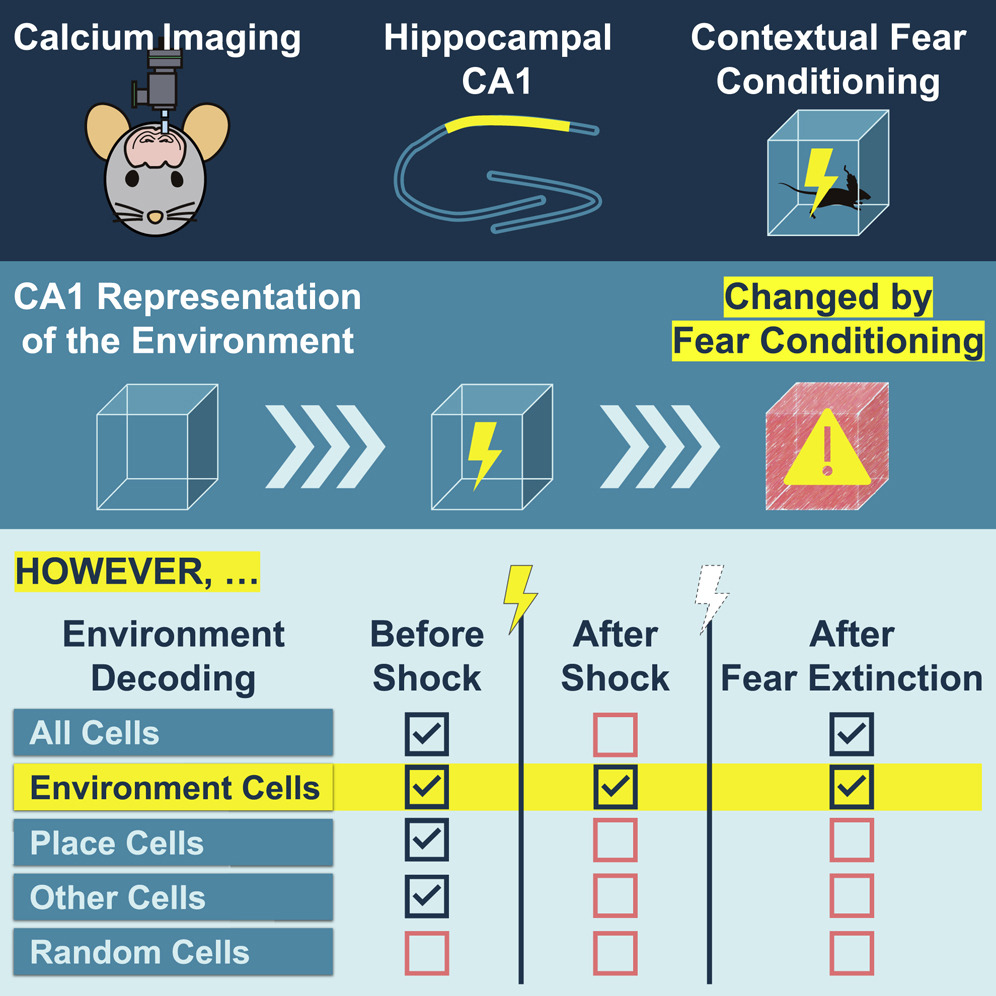Parkinson’s disease (PD) is a neurological disorder that affects 6 hundred thousand to more than 1 million people in the United States, or over 6 million worldwide, making it the second most prevalent brain disease behind Alzheimer’s. This disease presents differently in every individual but is typically marked by motor symptoms such as resting tremors,
From behavioral studies on learning and memory to sleep-wakefulness, 2023 was a year full of researchers uncovering…
Image: Data courtesy of Jones Parker lab – Northwestern University. Efforts to develop more effective drugs for treating…
Pregnancy and childbirth are extraordinary experiences that profoundly change a mother’s life. But did you know that the…
Most recent
Parkinson’s disease (PD) is a neurological disorder that affects 6 hundred thousand to more than 1 million people in the United States, or over 6 million worldwide, making it the second most prevalent brain disease behind Alzheimer’s. This disease presents differently in every individual but is typically marked by motor symptoms such as resting tremors,
From behavioral studies on learning and memory to sleep-wakefulness, 2023 was a year full of researchers uncovering interesting insights into the brain using Inscopix miniscopes. Did you know that the Inscopix community is illuminating the neurons responsible for REM sleep or performing experiments on contextual fear conditioning and discovering breakthroughs for diseases like Alzheimer’s? These
As a neuroscientist who leads a commercial organization, my mission and motivation come from seeing how our customers use Inscopix technology to address major questions in their labs. But each day, my team and I engage with Principal Investigators who are pressed by tightening budgets and must navigate a seemingly growing list of restrictions on
Image: Data courtesy of Jones Parker lab – Northwestern University. Efforts to develop more effective drugs for treating schizophrenia have received a significant boost with a groundbreaking study from the laboratory of Jones Parker at Northwestern University, published recently in Nature Neuroscience. Antipsychotic drugs, commonly prescribed for millions of people suffering from schizophrenia, often come
Pregnancy and childbirth are extraordinary experiences that profoundly change a mother’s life. But did you know that the stress a woman faces during her adolescent years can have unexpected effects on her behavior after becoming a mother? It is a fascinating topic that has captured the attention of scientists. New research led by Kyohei Kin
How do we steadily recognize environments we are in while experiencing joy or possibly trauma? A recent publication by Dr. Kyogo Kobayashi and Dr. Naoki Matsuo from Kyushu University addressed this question of how animals code environmental information, i.e., spatial contextual memory in the brain, distinct from episodic memories. Using the Inscopix nVista miniscope, the





